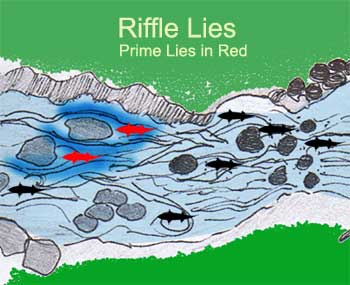The other day I was listening to an interview between the Rev. Welton Gaddy and Kim Lawton, formerly of the "Religion & Ethics Newsweekly" on PBS. Lawton had been the managing editor for the show for its entire almost-20-year run. Gaddy asked about the entanglement of religion and politics, especially in news reporting, and Lawton replied to the effect that, indeed, a lot off reporting on religion was being done through the lens of politics. She admitted that there was a "political" aspect to reporting on religion, but that that was not all that religion was about. She went on talk about the kinds of things she LIKED to report: all of the good, encouraging, news that had little to do with politics, but, rather, with the humanitarian impulses that lay within the world's great religious traditions. Then, last night, I went to a dress rehearsal for Ayad Akhtar's Pulitzer Prize-winning play "Disgraced" (see the announcement below for the book discussion coming up on Tuesday). In a discussion about her art (and Islamic art in general) with a friend/art impresario, Emily (the wife of the main character) says: "We've all gotten way too wrapped up in the optics. The way we talk about things. We've forgotten to look at things for what they really are." * I am certainly guilty, too often, of being "wrapped up in the optics". The Harvard Implicit Bias project, at least that portion devoted to social attitudes,would suggest that we all are, given that the test is based on viewing photographs. Most of us who have taken the test are at least a bit disturbed to find out that we are not as "neutral" as we think. Yet most commentators on the results of the project point out that, knowing that we are not "color-blind" can go a long way to help us begin to look a bit more carefully. ** I don't have a copy of Michael Shaara's Pulitzer Prize-winning (!) book about the Battle of Gettysburg, Killer Angels, near me. Looking . . . do we see? I do recall a scene/conversation in the book where one of the main characters, Col. Joshua (Lawrence) Chamberlain, was musing about the difference between the races. He says something to the effect that "When I look at another man, I try not to see the color, but rather that there is a divine spark in him.' Whether or not the real Chamberlain*** ever said (or thought) that, his sentiment reflects the ancient Sanskrit greeting "Namasté" -- variously translated as "I bow to the god within you" or "The divine in me greets the divine in you".
That ancient wisdom seems to evade most of us these days. Our various tribalisms (whether religious or political)--especially now--distort our ability to "look at things [or people] for what they really are". At times such as these, it would be prudent to recall Abraham Lincoln's words in his first inaugural address, as he faced a divided nation:
"I am loath to close. We are not enemies, but friends. We must not be enemies. Though passion may have strained it must not break our bonds of affection. The mystic chords of memory, stretching from every battlefield and patriot grave to every living heart and hearthstone all over this broad land, will yet swell the chorus of the Union, when again touched, as surely they will be, by the better angels of our nature." ****
Namasté,
Gary
* Ayad Akhtar, Disgraced (New York: Back Bay Books, 2013), 31.
** For more on implicit bias, listen to this recent interview conducted by Mary Hynes: "If you have a brain, you have a bias".
*** Later President of Bowdoin College, and then Governor of Maine.**** "First Inaugural Address of Abraham Lincoln". The Avalon Project.
* Ayad Akhtar, Disgraced (New York: Back Bay Books, 2013), 31.
** For more on implicit bias, listen to this recent interview conducted by Mary Hynes: "If you have a brain, you have a bias".
*** Later President of Bowdoin College, and then Governor of Maine.**** "First Inaugural Address of Abraham Lincoln". The Avalon Project.





